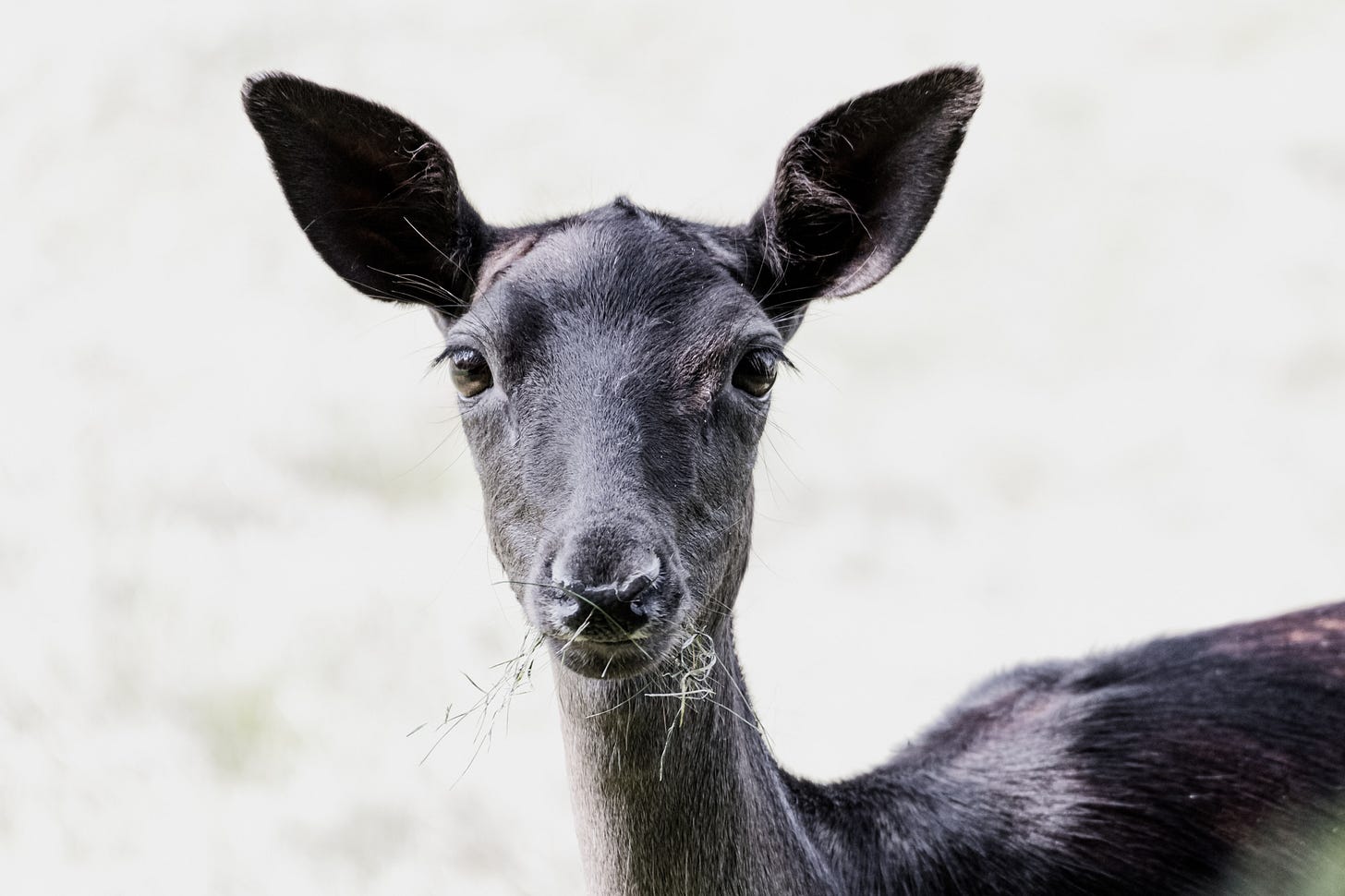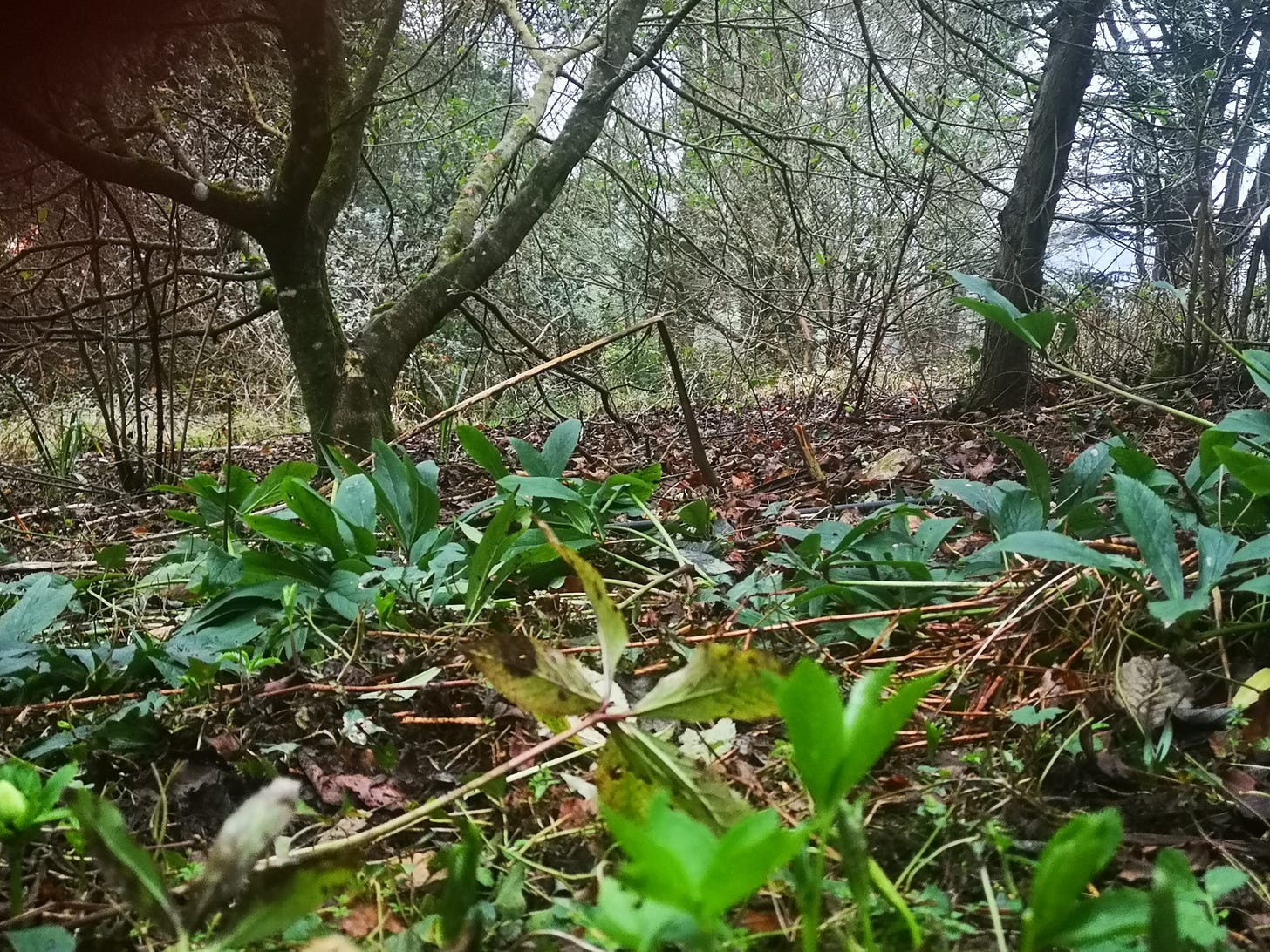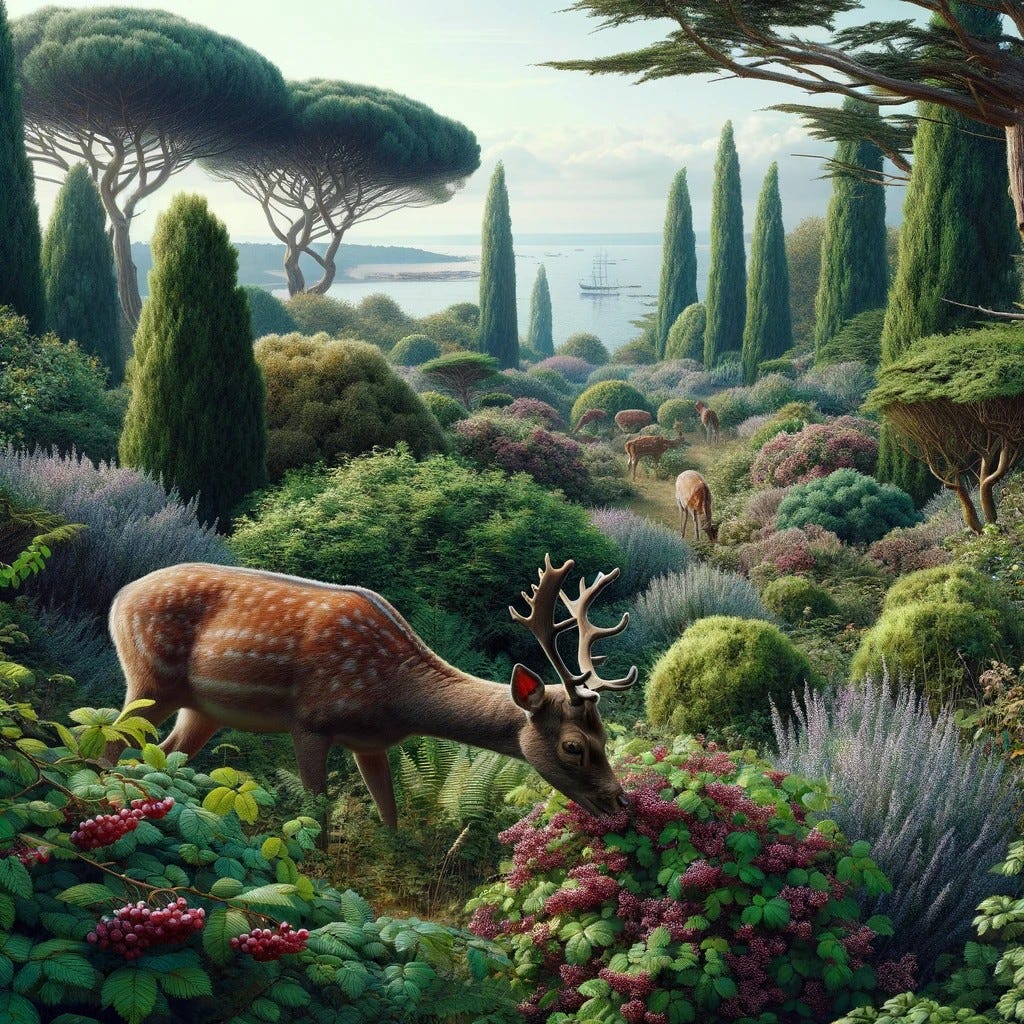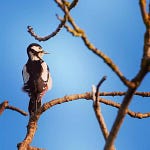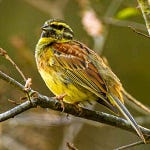LettsSafari’s rewilded Capability Brown gardens on the southern tip of Exeter City are extraordinary. Their origins go back to the Domesday Book. The views over the Exe estuary, Exmouth beach and out to the sea are uniquely beautiful. Today these gardens are also celebrated for the ground-breaking rewilding programme we began 10 years ago. For the past 20 years we have been pioneering and nurturing garden rewilding projects in the US and southwest England. And we are constantly experimenting. We have been planning our latest experiment for a long time.
A few weeks ago we allowed 2 small fallow deer into the 20 acre inner gardens for a week to help with the natural regeneration processes our human experts have been designing and operating for nearly a decade. Much of what we do is inspired by watching the natural world and trying to mimic the natural activities of herbivores and other wildlife. Then we try to apply those observations and activities in our own rewilded spaces. Sometimes it can be a big step and a nail biting experience for all. This was definitely nail-biting but we thought it important to see the results.
Exeter’s Capability Brown gardens are a hotbed of specific garden rewilding experiments - as we look to develop a science around smaller-scale rewilding techniques and goals that are amplified and fed by the park-scale rewilding projects up and running at LettsSafari’s Dawlish Park and Sunrise Park that surround the gardens - building a network of and test bed for some of the most advanced smaller-scale rewilding projects in the world. LettsSafari+ is the fast growing streaming service with digital books and publications enabling our members to create mini LettsSafari’s in their gardens, parks, fields, verges, terraces and urban spaces. We are the experiment that we want to inform (good and bad) the tapestry of small scale rewilding spaces as it grows.
Most believe these carefully structured gardens that host some of the tallest ancient trees in southwest England and rare plants not seen enough anywhere are no place for larger herbivores. We always thought that this might be missing a point. After all, our entire garden and park rewilding philosophy is to create habitats that store carbon, restore natural plant life - and return wildlife. To push the more extreme and experimental bounds of larger garden rewilding we should surely embrace any kind of wildlife returning. Well, maybe not a bison quite yet.
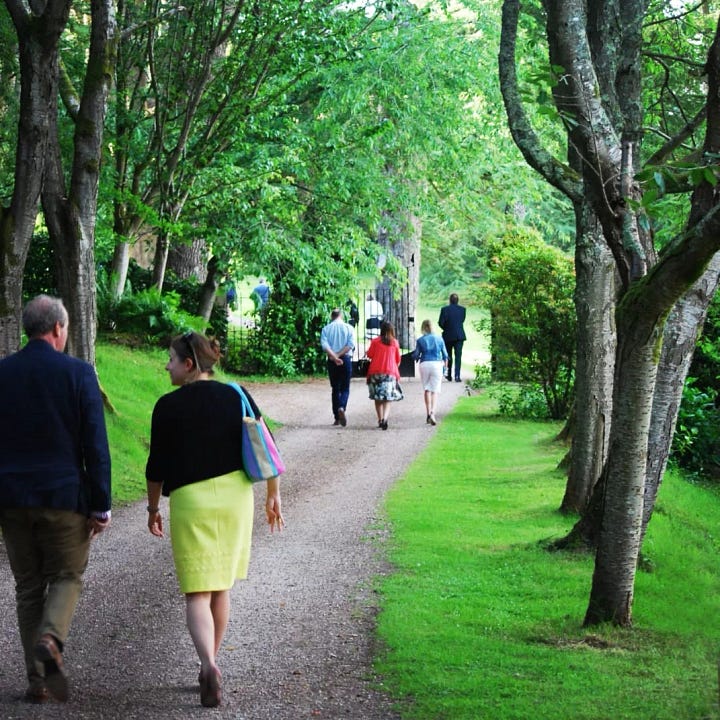

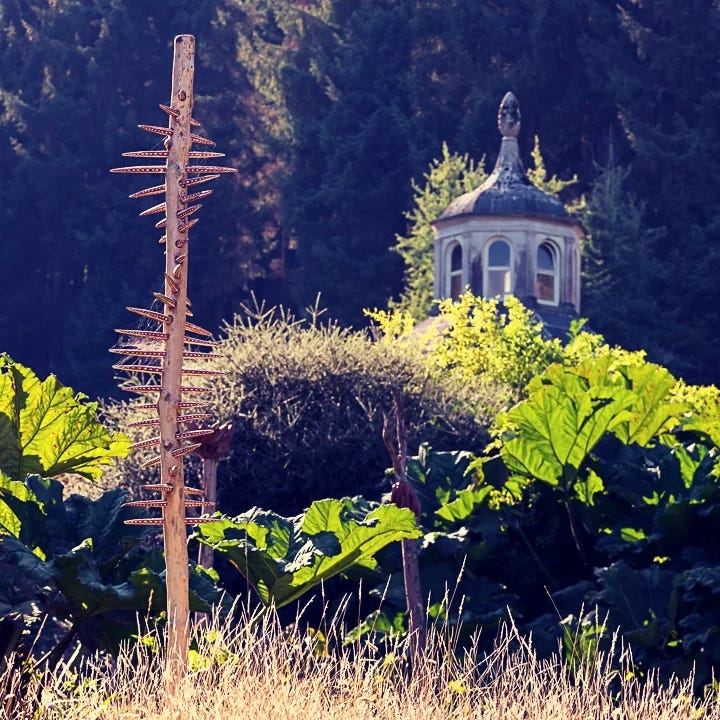
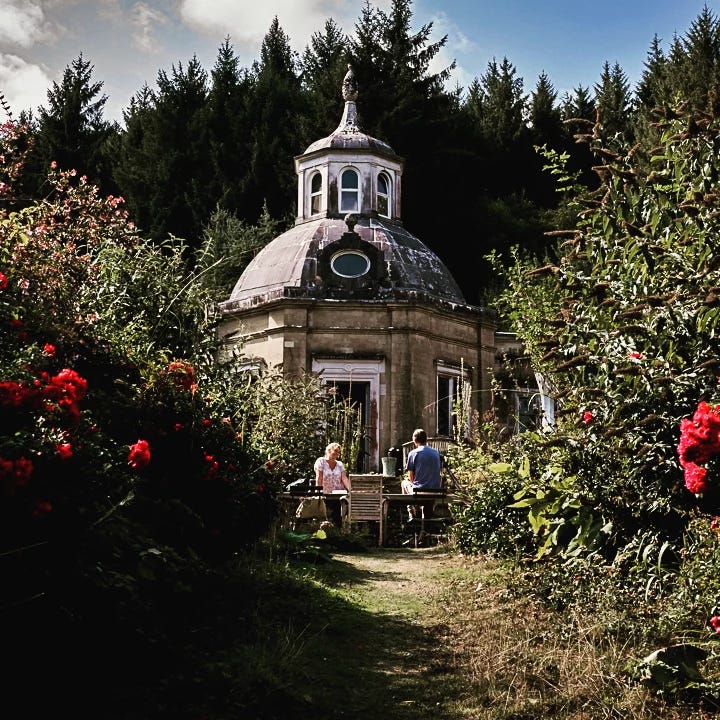
Our work to bring in a wide spread of naturally regenerating plants that can co-exist with nature’s herbivores have been fully tested for years with an array of smaller herbivores. Our system of cascading streams, wrap around beds (one of the longest continuous beds in the UK forming a tight ‘U’ with a 40ft leat to close it off ) were designed to protect the inner gardens and their more ambitious pollinating plants, small trees and nature enhancing shrubs.
Creating Your Very Own Safari Garden - A 4 Part Series
Preparing for spring often means entering our garden for the first time since winter ravaged it. This year might prove to be the opportunity to do something different. Something a little more eco. We call it the Safari Garden.
We always dreamed of hosting a few larger herbivores to help us to more naturally regenerate the wildflower meadows, the corners with brush and scrub and areas of creeping bramble designed to blanket-like protect young, naturally grown seedlings that have now become sapling and need less protective cover.
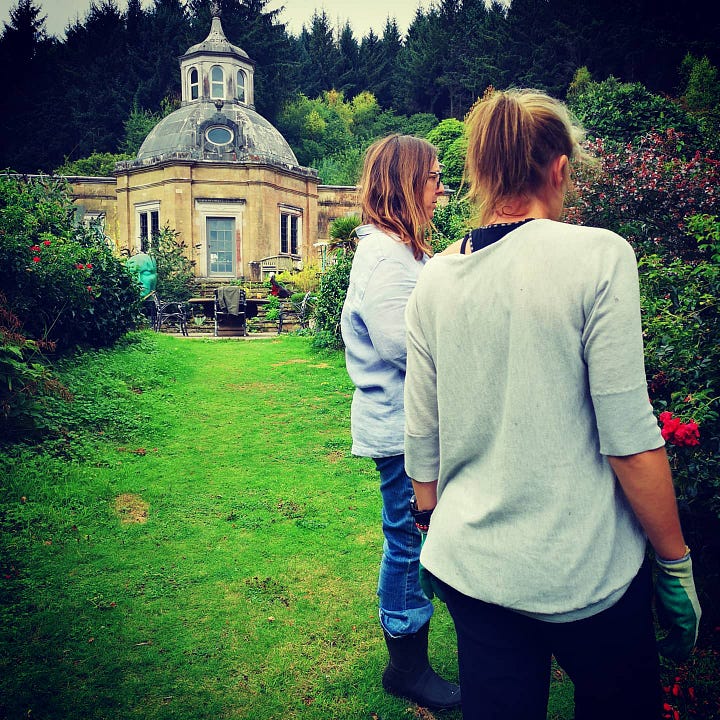
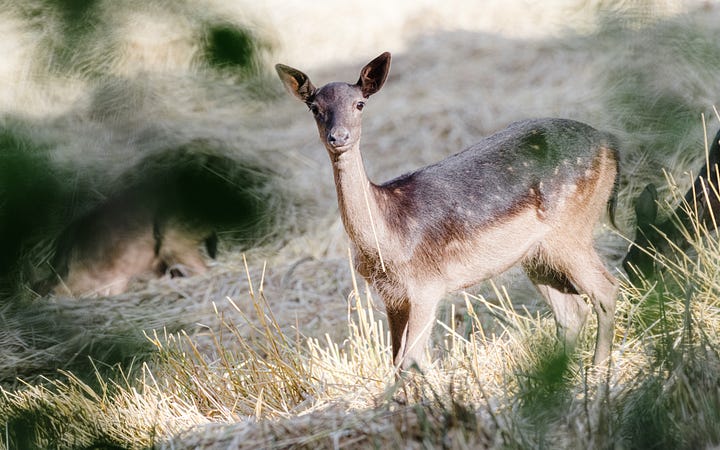
Our 2 black fallow gardeners were strangely well behaved - they ate back all the areas we hoped they would and only went too far in a couple of places. Edges of slightly overgrown creeping bramble were tamed, young trees grown naturally were left untouched and the last section being developed - the soon to be returned ancient winter gardens - were enhanced. Even one of our newest experiments - the wild kitchen garden - was not over-eaten. In some ways we wish it had been grazed back a bit more!
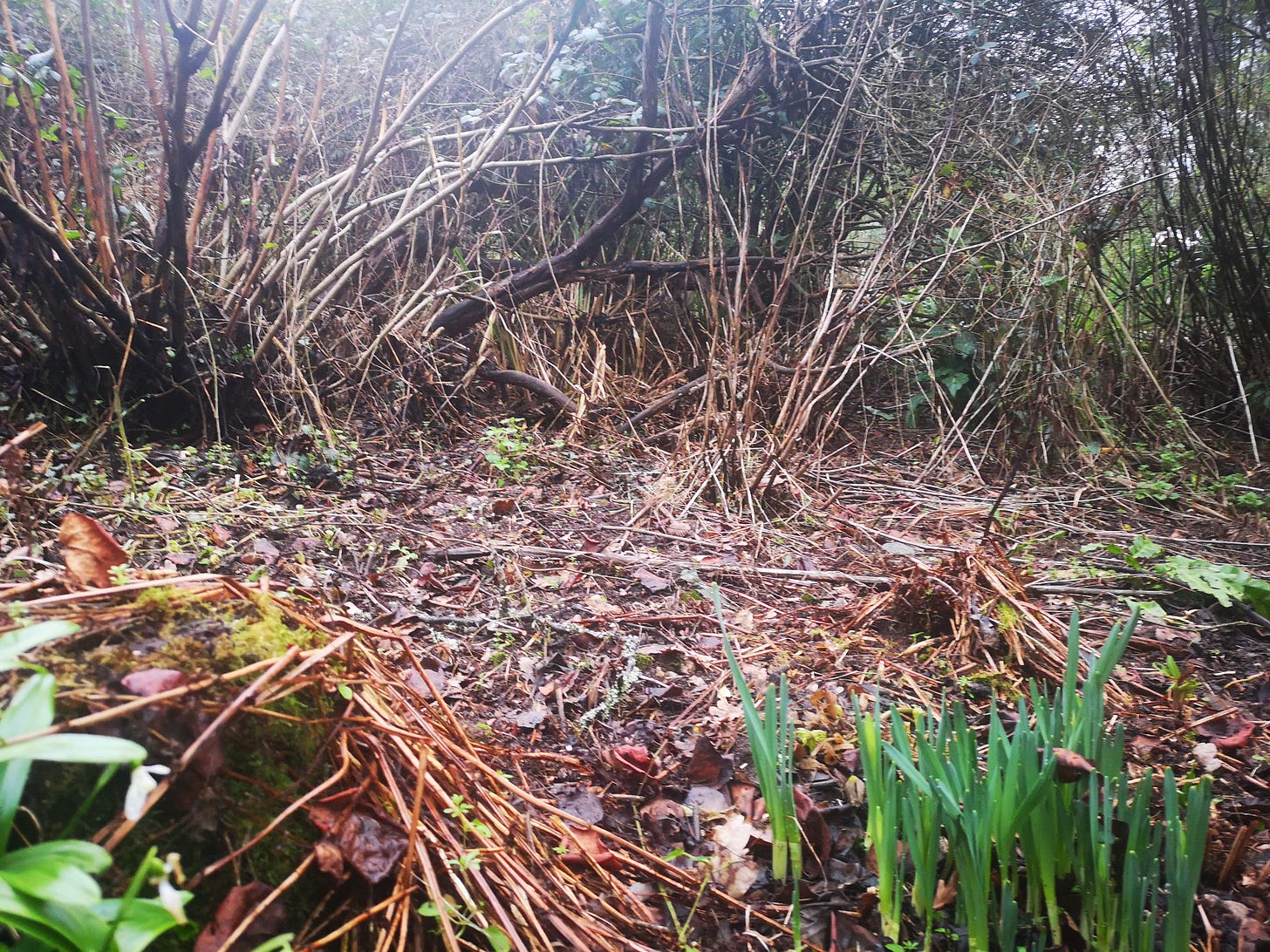
To usher the black fallow doe in we created a small gateway by dropping the deer fence that surrounds the Capability Brown gardens for a few days - lifting the gap back up once they had entered. We knew this ended a trail they used to follow. We allowed the two curious doe to stay for a week and were careful to observe them, but left them to their own devices for a week - without human intervention until we had to usher them back out. A bit like trying to herd pigeons or just another day at the LettsSafari office!
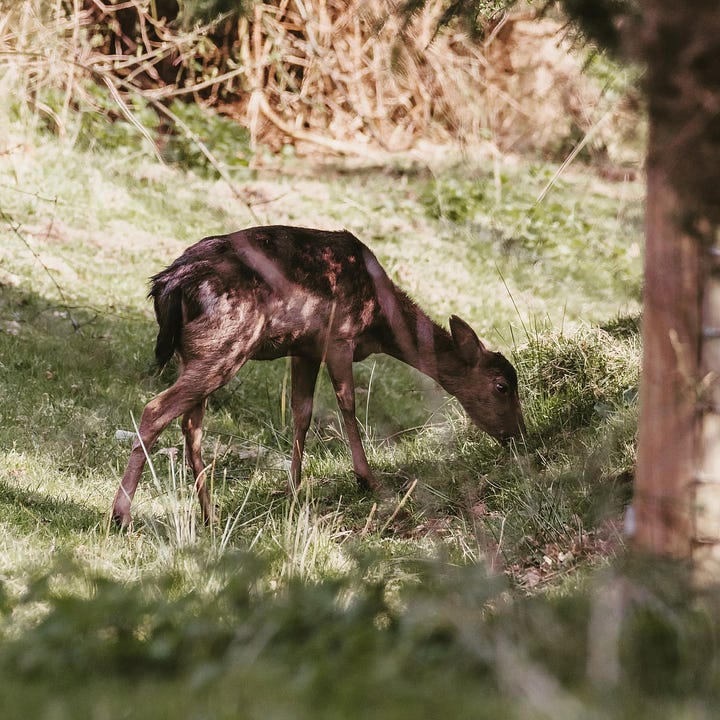
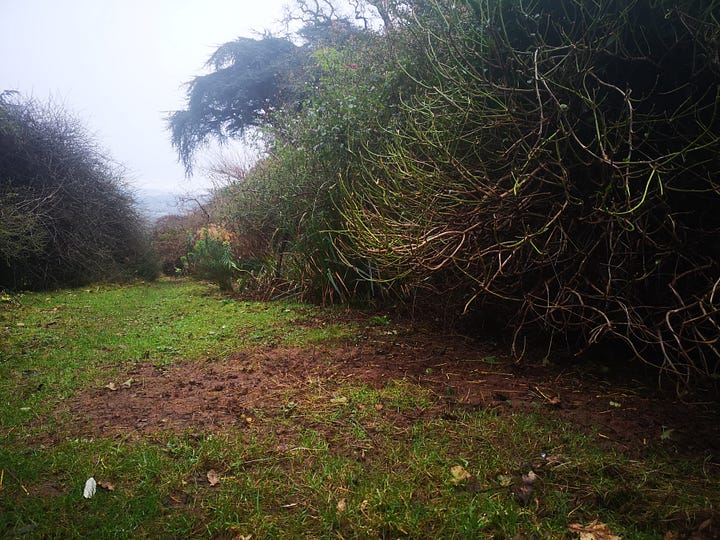
We have a long term vision for these magnificent gardens that are in our stewardship - one that brings nature back in full force. One that can entertain all kinds of wildlife and an extraordinary diversity of plant and tree life and one that Capability Brown himself would be proud of. After all, his pet hate was overly manicured, ornate gardens. His vision was grand, wild spaces with herbivores wandering right up to the door. Our long term vision, and perhaps his, seen below, is gradually coming to shape. Co-joining with the resident deer from the adjacent LettsSafari parks is another small step in this direction.
Perhaps this direction will one day, in various different manifestations, become a blueprint for tomorrow’s gardens - small and large. A vision any of us could enjoy. One where man and nature learn to co-exist and restore our climate. For all of our sakes.
Get more LettsSafari updates and wildlife photos from our twitter. And read all the latest posts at the LettsSafari + website.




